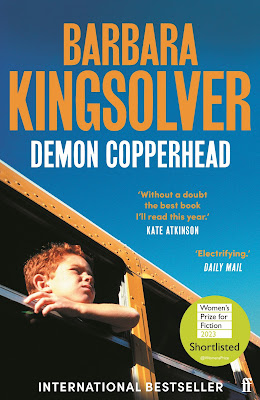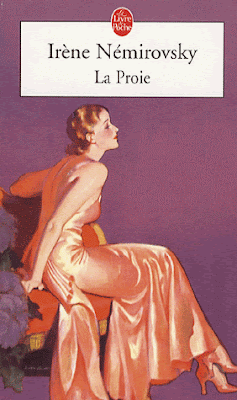Tartt, Donna "The Secret History" - 1992
"The Secret History" has been on my wishlist ever since I read "The Goldfinch". And this year, I finally got to it.
And a very impressive story it is. But it's difficult to get into details without giving out spoilers. Just this much. A group of students does something really bad and can only get out of it by doing something even worse. The characters are not really likeable but they get under your skin. You can't follow their actions but somehow you can.
A challenging book that will probably stay with me forever.
Quotes
on migraines:
"Henry, flat on his back in a dark room, ice packs on his head and a handkerchief tied over his eyes.
'I don't get them so often as I once did. When I was thirteen or fourteen I had them all the time. But not it seems that when tey do come - sometimes only once a year - they're much worse. ...'"
on death:
"Is death really so terrible a thing? It seems terrible to you, because you are young, ... It does not do to be frightened of things you know nothing ..."
From the back cover:
"Under the influence of their charismatic classics professor, a group of clever, eccentric misfits at an elite New England college discover a way of thinking and living that is a world away from the humdrum existence of their contemporaries. But when they go beyond the boundaries of normal morality their lives are changed profoundly and for ever."












a.jpg)
















